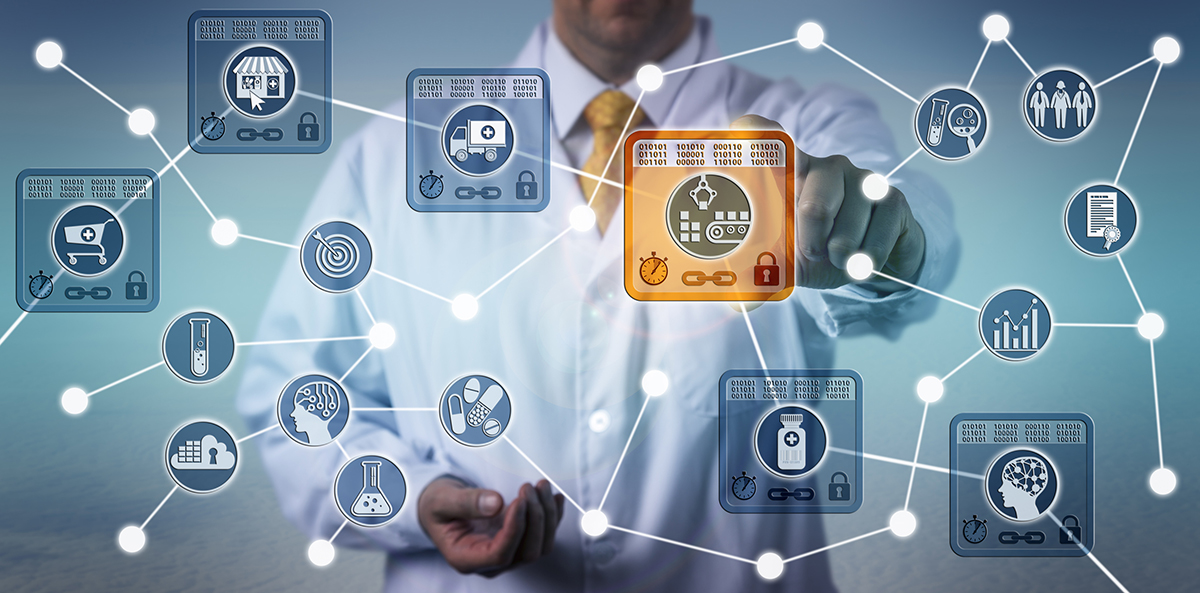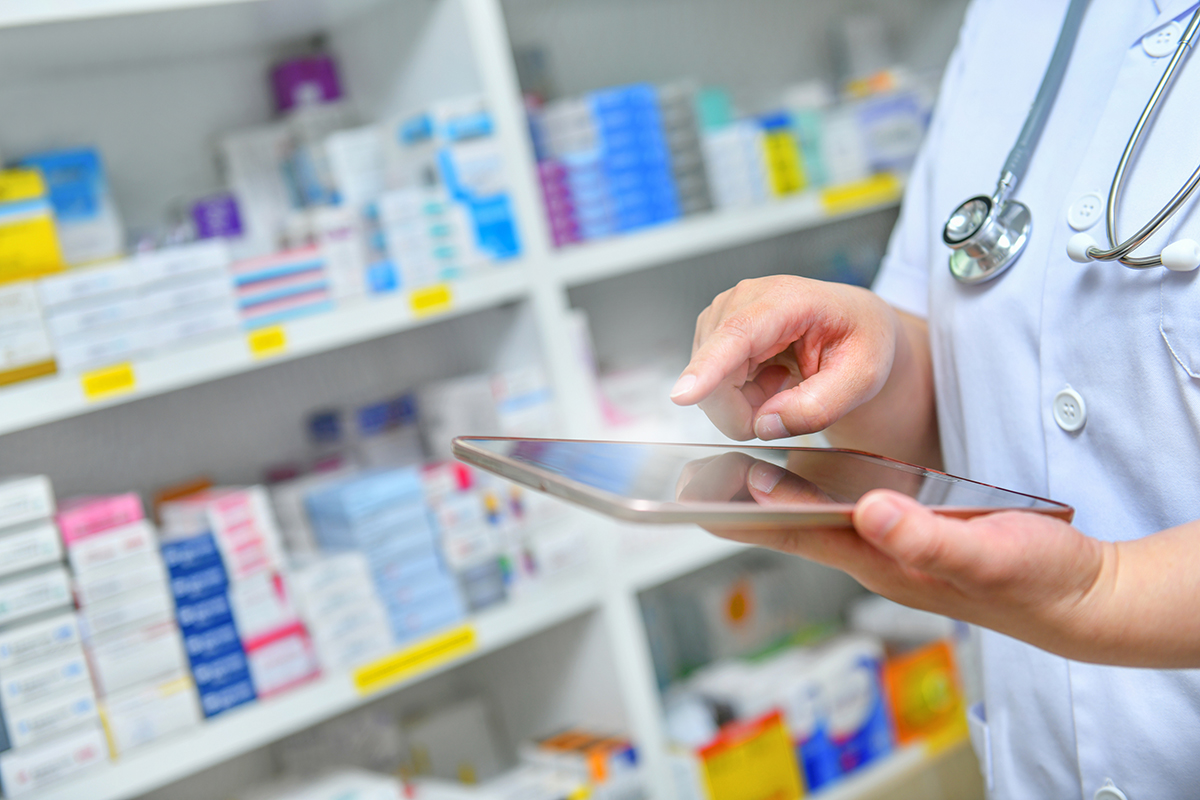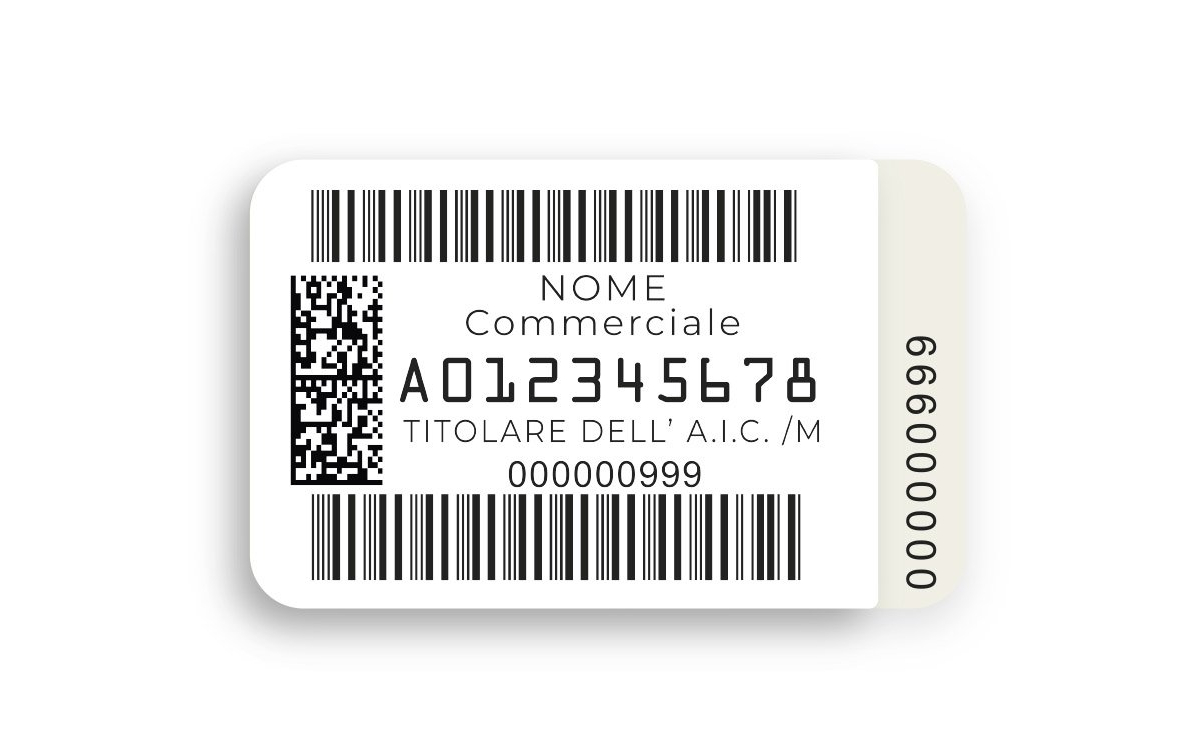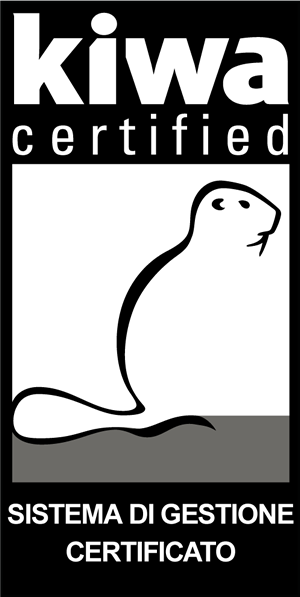IoT Technology, in addition to making healthcare “smart”, has also made drugs “speak”.
Being able to track the drug within the supply chain at any time, means, for example, automating the distribution and restocking of medicines in hospitals.
Thanks to IoT, hospital wards are able to order medicines to be administered to patients with utmost precision, in the exact quantities needed.
All this is now possible also thanks to radio frequency unique identification technologies, which have made complete traceability in the drug supply chain a reality.
Complete traceability of individual drugs from their manufacture through to their administration to the patient, covering all steps of the supply chain thanks to the registration and management of the associated information.



